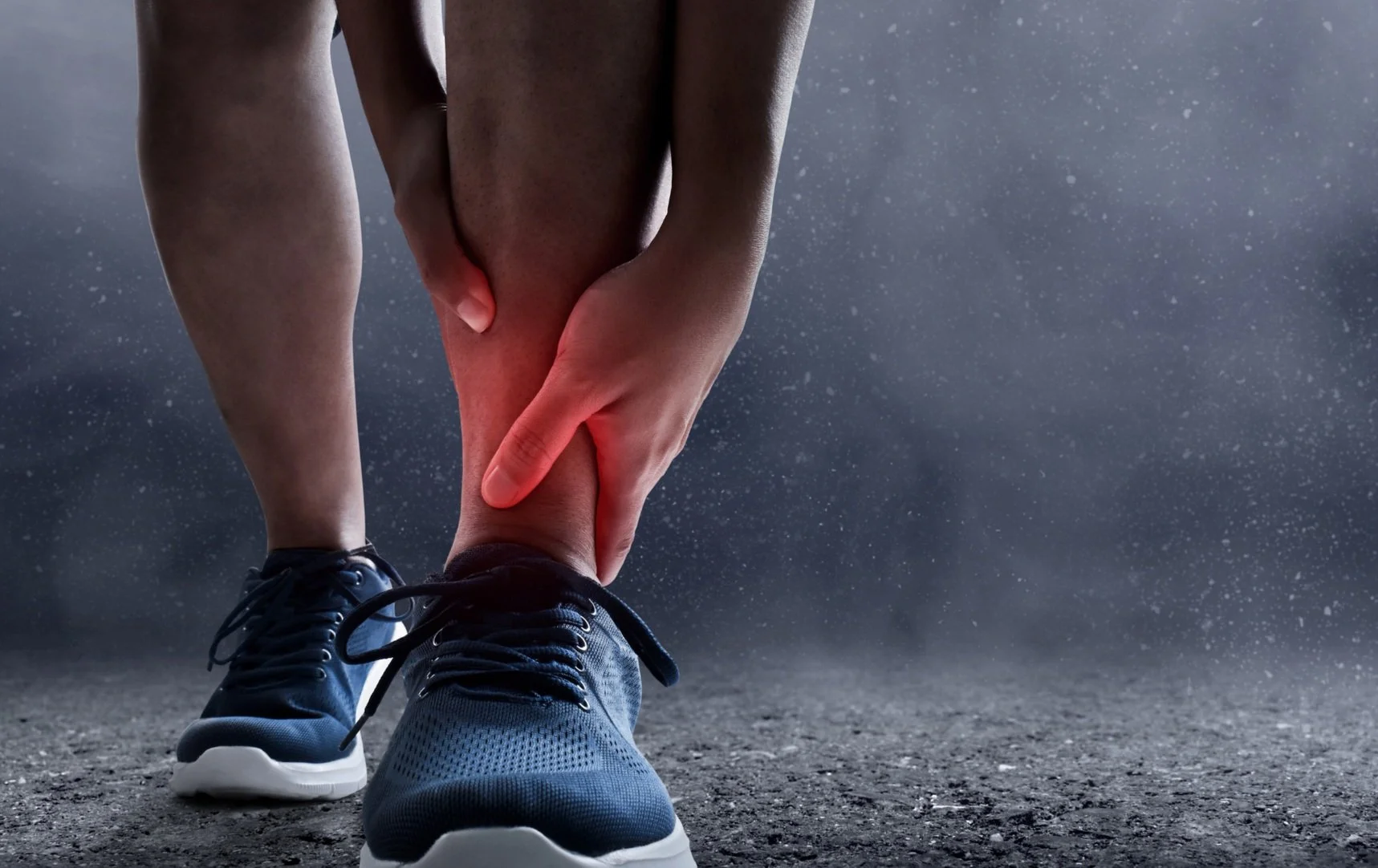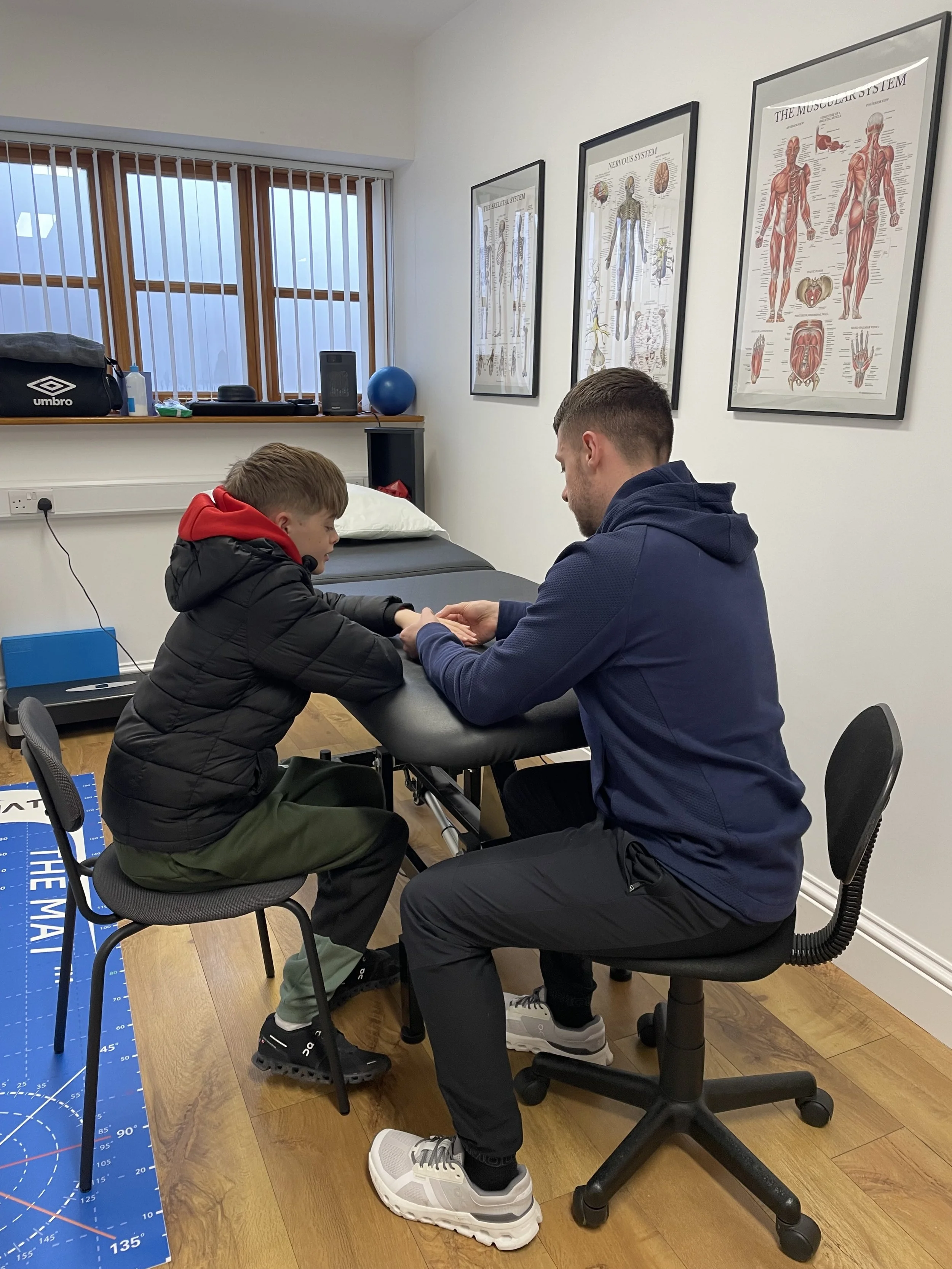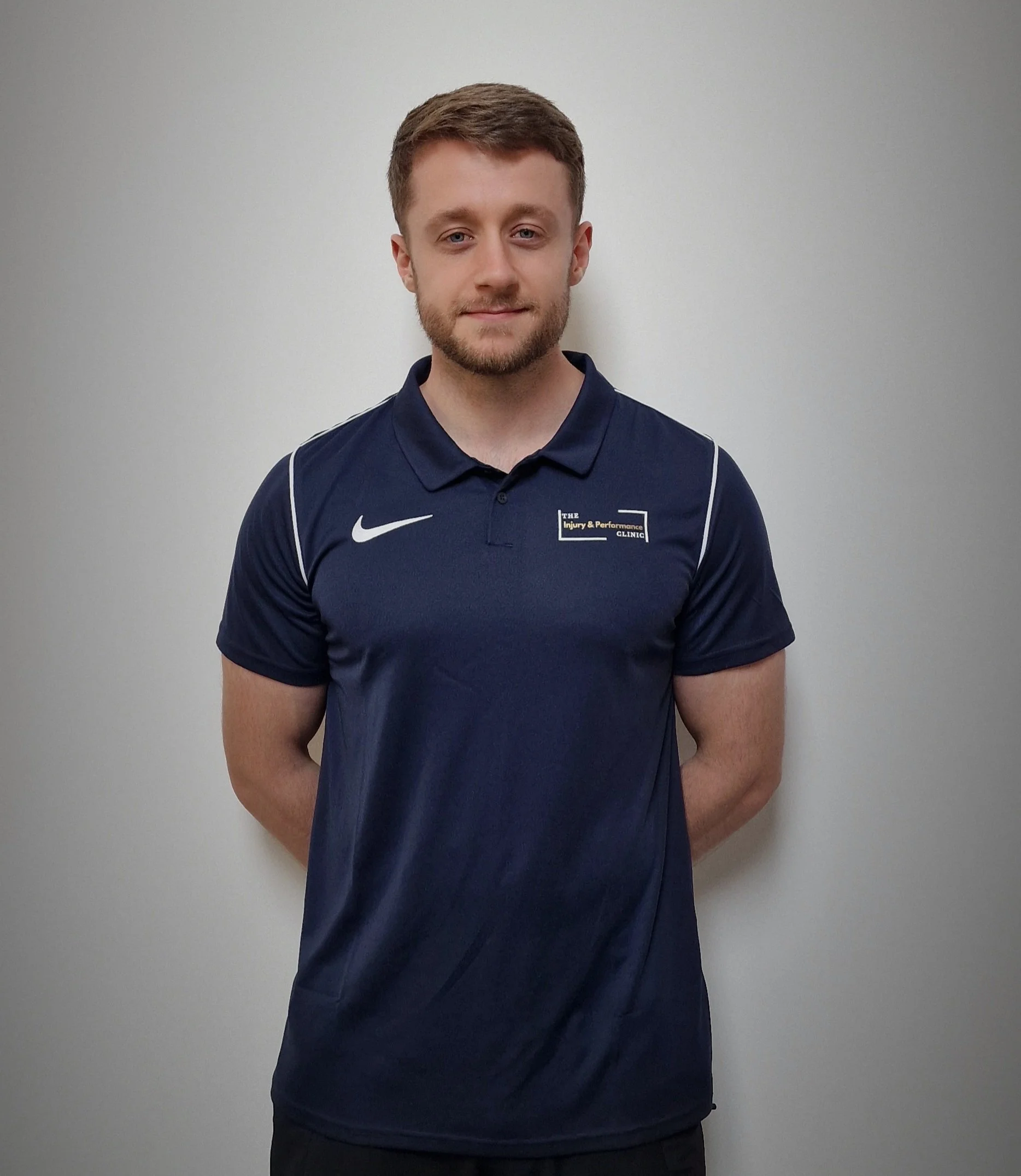
Specialist Running Injury Clinic in Cheshire
Specialist Physiotherapy in Northwich, Cheshire
Pain-free Running for Peak Performance
Whether you're an elite marathoner, a casual jogger or you're taking your first steps into running, injuries can derail your progress and chip away at your motivation. At The Injury & Performance Clinic in Cheshire, our Sports injury specialist and physiotherapists combine world-class performance testing, manual therapy and performance-based rehab to help you run stronger, smarter and injury-free. We provide bespoke care, not generic treatment plans, so you can return to running, pain-free, and meet your goals.
To find out more about just how we can help you, contact the clinic today, or book your first assessment using the easy online booking system
Why Choose Expert Running Injury Care?
-
Our clinicians have treated many runners at every level, using evidence-based methods.
-
Biomechanical running assessments, peak force over Isometric concentric and eccentric contractions, RFD (rate of force development), RSI (reactive strength index), active stiffness and much more. We use the same tech found in elite sports settings to provide accurate and actionable data. This can be used to guide rehabilitation strategies and ensure a proper return to running and reduce the risk of future injuries.
Some of the things that we may assess may include running mechanics and gait, range of motion, peak force over Isometric concentric and eccentric contractions, RFD (rate of force development), RSI (reactive strength index), Active stiffness and much more. All of which will be applied to your injury and goals.
-
Beyond treating symptoms, we tackle the underlying causes. Biomechanics, strength deficits, footwear, load planning, and performance goals.
Common Running Injuries We Treat
Runner’s Knee (Patellofemoral Pain Syndrome) - Front-of-knee pain around the kneecap, particularly when running down hills or stairs. Often caused by muscle imbalances, poor tracking, or sudden load increases.
Shin Splints (Medial Tibial Stress Syndrome) - Pain along the shin, common in new or increasing training loads. We rule out more serious causes like stress fractures, compartment syndrome, or nerve issues.
ITB Syndrome (Iliotibial Band Friction) - Pain on the outer knee caused by irritation of the IT band sliding over the lower femur—very common in distance runners. Often linked to glute weakness, hip/knee mechanics, and excessive mileage.
Stress Fractures - Micro-fractures in bones like the tibia, femur, or calcaneus resulting from repetitive load. These require relative rest and graded return under expert guidance.
Hip and Groin Pain - Includes gluteal tendinopathy, femoroacetabular impingement (FAI), and labral tears. The hip endures high loading while running, making accurate diagnosis and rehab essential.
Achilles Pathologies (Tendinopathy, Tenosynovitis) - Common in runners. Tendinopathy affects tendon structure, while tenosynovitis involves inflammation of the sheath around the tendon. Effective management requires more than rest, it demands targeted loading strategies.
Our Cheshire Clinic
Our Physiotherapy and Sports Injury Clinic is located within the beautiful 300-acre Mere view estate in Cheshire. We feature two fully-equipped treatment rooms and physio gym plus elite sports testing equipment, ensuring you get the best treatment.
The Injury and Performance 6-Step Running Injury Journey
In-depth Consultation
Through a detailed interview, we assess your injury, history, training load, recovery habits, footwear, and goals to build a complete profile.
Hands-on Clinical Assessment
We evaluate pain patterns, joint mobility, muscle function, and run special tests to hone in on the root cause.
Biomechanics & Strength Testing
Using cutting-edge technology, such as force platforms, gait analysis and dynamometry, we can objectively measure your deficits and asymmetries.
Pain & Load Management
Instead of blanket rest, we design tailored modifications that enable you to stay active while easing symptoms, supplemented by manual therapy, acupuncture, or massage.
Structured Rehab Plan
You receive a progressive rehab program combining strength, mobility, neuromuscular control, and running form training, informed by the latest research.
Reassessment & Progression
Regular retesting ensures rehab drives real improvements in strength and mechanics, setting the stage for safe return to running.
Prevention & Smart Training with Expert Physio Support
Our tailored physiotherapy programs guide you on gradual mileage progression and optimal training loads based on your unique profile, helping you avoid the common pitfalls of overtraining. We also design personalised strength and mobility routines that target key muscle groups like the glutes, core, and calves, ensuring your body is strong and balanced for efficient, injury-resistant running.
Warming up isn’t just about routine, it’s a vital part of your performance strategy. Our experts teach you effective warm-up techniques that prepare your muscles and joints for the demands of running, reducing strain and improving resilience.
Footwear advice is another key part of our approach. We evaluate your gait and foot mechanics to recommend shoes that complement your running style and goals, and guide you through safe transitions if you’re changing your footwear.
With expert physio-led guidance every step of the way, you’ll train smarter, run stronger, and stay injury-free longer.
Meet Our Team
Our Physiotherapy and Sports Injury Clinic is located within the beautiful 300-acre Mere view estate in Cheshire. We feature two fully-equipped treatment rooms and physio gym plus elite sports testing equipment, ensuring you get the best treatment.
Rhianna Andrew
MSc (Hons)
Physiotherapy
Charlie Baker
BSc (Hons)
Clinical Director
Daniel Morris
MSc (Hons)
Sports Rehabilitation
Frequently Asked Questions
-
Recovery time varies with injury type/severity. Basic muscle tendinopathies may improve in 4–6 weeks; stress fractures or complex hip issues can take 3–6 months. Reassessment helps us tailor timelines per your progress.
-
Not necessarily. We aim to keep you active by modifying load and activities. If bone stress is involved or symptoms are severe, a period of reduced load or activity substitution may be necessary.
-
Minor tweaks, like increasing cadence slightly, can help in specific cases. But wholesale form changes often reduce efficiency or cause new injuries. Focus first on strength, mobility, and function.
-
Self-care tools like foam rollers and standard stretches have limited effectiveness. Lasting resolution requires targeted therapy, strength work and load control. Manual therapy and structured rehab offer better outcomes.
-
A proactive plan with strength training, proper load progression, warm-ups, recovery routines, and periodic biomechanical checks greatly reduces your risk. Monitoring training load spikes is key.
Ready to Run Stronger With The Injury and Performance Clinic?
Don’t settle for guesswork or one-size-fits-all treatment. Our Cheshire-based clinic offers a clear plan from diagnosis and pain relief to lasting strength and performance. We’ll guide you through every step, from assessment, rehab and retesting, to smart load progression, so you can run confidently, stronger than before.
Take the next step to get back on track, faster and safer. Book your initial assessment at The Injury & Performance Clinic today.




















